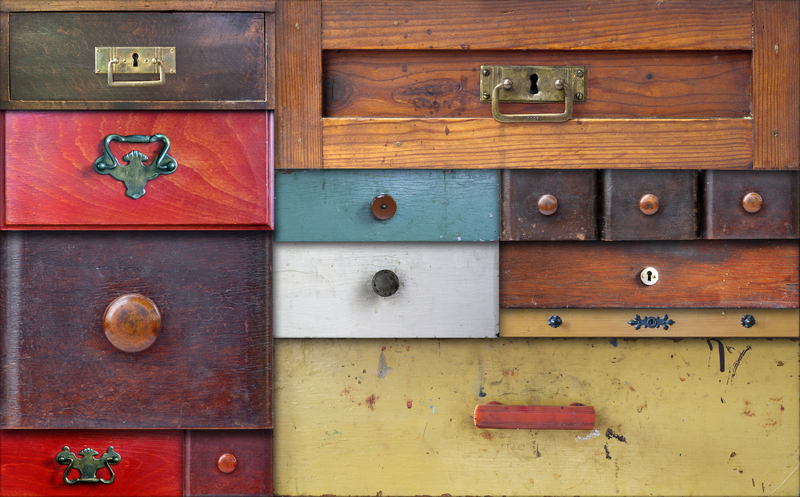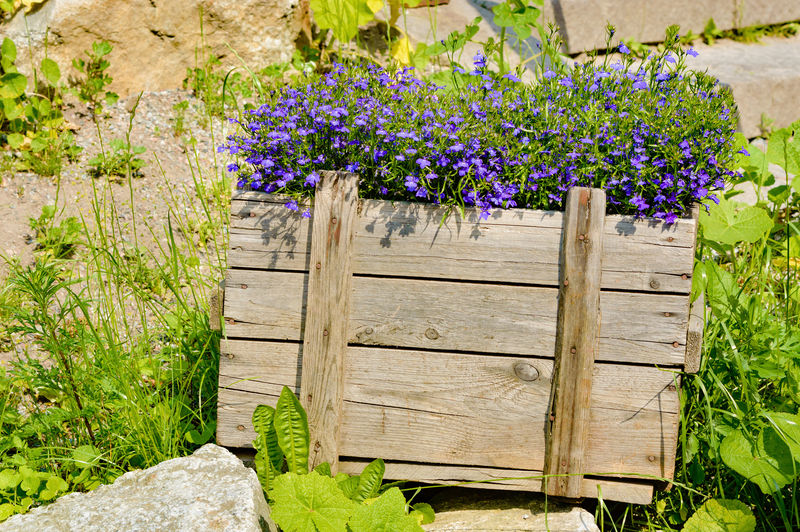Making Recycling Fun for Kids: A Guide for Parents
Recycling is an essential habit for creating a sustainable future. Encouraging children to adopt recycling early in life not only helps the planet but also shapes responsible adults. However, getting kids genuinely interested in recycling often requires a creative approach. In this comprehensive guide, we'll explore innovative ways to make recycling fun for kids and provide practical tips for parents to engage their little ones in this green practice.
Why Teaching Kids About Recycling Matters
Children are natural learners. Introducing them to the concept of recycling at a young age helps instill environmental consciousness, which can last a lifetime. When kids participate in recycling activities, they:
- Develop responsibility and stewardship for the environment
- Learn the importance of reducing waste
- Understand resource conservation
- Become creative thinkers and problem-solvers
But how do you transform recycling from a mundane task into an engaging, fun-filled activity? Let's discover effective, family-friendly strategies to excite kids about recycling at home and beyond.

Understanding Recycling Through a Child's Eyes
Before diving into activities, it's essential to explain recycling in a way that kids understand. Children are more likely to stay committed to eco-friendly efforts when they grasp why it matters. Here are a few simple explanations you can use:
- Recycling means turning old things into new things.
- It helps save the earth's natural resources and keeps our planet clean.
- When we recycle, less garbage ends up in landfills and oceans.
You can reinforce this knowledge with stories, animated videos, or age-appropriate books. For younger kids, consider picture books and cartoons; for older kids, documentaries and science shows can spark curiosity about recycling.
Creative Ways to Make Recycling a Fun Activity
1. Set Up a Kid-Friendly Recycling Station
Make recycling accessible and exciting by creating a colorful, interactive recycling center in your home. Let your child decorate bins with labels, stickers, and drawings to distinguish between glass, plastic, paper, and metals. Use clear containers so kids can see the progress as they add items.
- Use different colored bins for various materials.
- Create "bin monsters" by adding fun faces to the containers.
- Let kids be the "recycling captain" for the week, in charge of sorting items.
2. Turn Sorting into a Game
Transform recycling sorting into a playful challenge. You can create sorting games with a timer, seeing how fast your child can properly sort recyclable items. Use a points system or stickers as rewards. This not only motivates kids but also reinforces correct recycling habits.
- Set a timer and hold "sorting races."
- Offer small rewards for correctly sorted bins.
- Encourage friendly family competitions to see who recycles the most each week.
3. Upcycling Crafts: Turning Trash into Treasure
Unleash your child's creativity through upcycling crafts. Many household items can become fun art projects:
- Make bird feeders from old milk cartons.
- Use toilet paper rolls to create binoculars or rocket ships.
- Transform glass jars into decorative lanterns or planters.
- Paint bottle caps to create a colorful mosaic.
These projects not only engage kids in creative recycling activities but also teach the value of reusing materials.
4. Host a Family Recycling Challenge
Start a weekly or monthly recycling challenge. Track how many bags or pounds your family recycles, and compare it to previous weeks. Set collective family goals and celebrate reaching milestones with a special treat, like a movie night or picnic.
- Create a recycling chart to visually track your progress.
- If you have multiple kids, let each oversee a different recycling category.
5. Teach with Recycling Songs and Stories
Songs and stories make learning memorable. Find or invent catchy tunes about recycling, or dramatize the journey of a recyclable item from home to new product.
- Sing songs about recycling while taking out the bins.
- Read books like "The Adventures of a Plastic Bottle" or "Why Should I Recycle?" together.
6. Get Outside: Community Clean-Ups
Join neighborhood clean-up events or organize a family day at the local park to pick up litter. Kids love getting their hands dirty, and seeing how much waste can be collected is eye-opening. Count how many recyclable items you find, and discuss how they could have been recycled.
Tips for Parents: Making Recycling a Lasting Habit
Lead by Example
Children are keen observers. If you recycle conscientiously, they will follow your lead. Narrate your actions ("I'm putting this can in the recycling bin because it can be made into something new") to reinforce lessons.
Educate and Empower
Teach kids the importance of recycling, not only at home but everywhere they go--school, parks, and public places. Explain which items can and can't be recycled in your local area by looking up your municipality's guidelines together.
Visit a Recycling Facility
Arrange a tour of a local recycling center. Seeing large piles of sorted materials and the machinery involved can be fascinating for children, making the process real and tangible.
Use Technology and Apps
There are several child-friendly recycling apps and online games that teach eco-friendly practices through play. Some popular options include:
- Recycling Sorting Games
- Interactive coloring pages on recycling themes
- Documentaries or educational videos tailored for children
Practice Zero-Waste Challenges
Challenge your family to have a "zero-waste" day each month--avoid disposables and see if you can reuse or recycle everything. This makes children more conscious of the products they choose and how those items impact the environment.
Answers to Common Questions Kids Ask About Recycling
What happens to items after we recycle them?
Recycled items are cleaned, sorted, and turned into raw materials. These materials are then used to make new products, such as plastic bottles, paper, or even clothing!
Why can't everything be recycled?
Some materials, like certain kinds of food packaging, plastic bags, or greasy pizza boxes, clog up the machines, contain harmful chemicals, or just can't be processed into new items. This is why it's important to check local recycling rules.
Is recycling really worth the effort?
Absolutely! Every can, bottle, or paper you recycle helps save energy and resources, and keeps the earth cleaner.
Integrating Recycling Into Everyday Life
At School
Encourage children to talk to their classmates and teachers about recycling. Many schools have eco-clubs or green teams where students can organize recycling drives or poster contests.
During Playtime
Use recycling bins as props in imaginative play. Kids can pretend to be "planet protectors" or "eco-superheroes" who save recyclables from the trash.
While Shopping
Teach kids to look for products with recycled packaging and to avoid single-use plastics. Let them help choose items at the store that support a sustainable lifestyle.

How Parents Can Make a Bigger Impact
Helping your kids appreciate and enjoy recycling is rewarding, but remember that your efforts also contribute to broader environmental change. Here's how you can amplify your impact:
- Advocate for recycling programs in your community or school
- Share your experiences and recycling successes with friends and family
- Volunteer together at local environmental events or clean-ups
- Encourage other parents to join you in making recycling fun for kids
Conclusion: Raising the Next Generation of Recyclers
Making recycling enjoyable for kids is the key to lifelong eco-friendly habits. As parents, you have the power to inspire change, not just in your own family but in your wider community. Remember to stay positive, get creative, and, most importantly, have fun while protecting the planet together!
Ready to start your family's recycling journey? With these fun, practical tips for kids' recycling, you can build habits that benefit both your children and the environment for years to come.